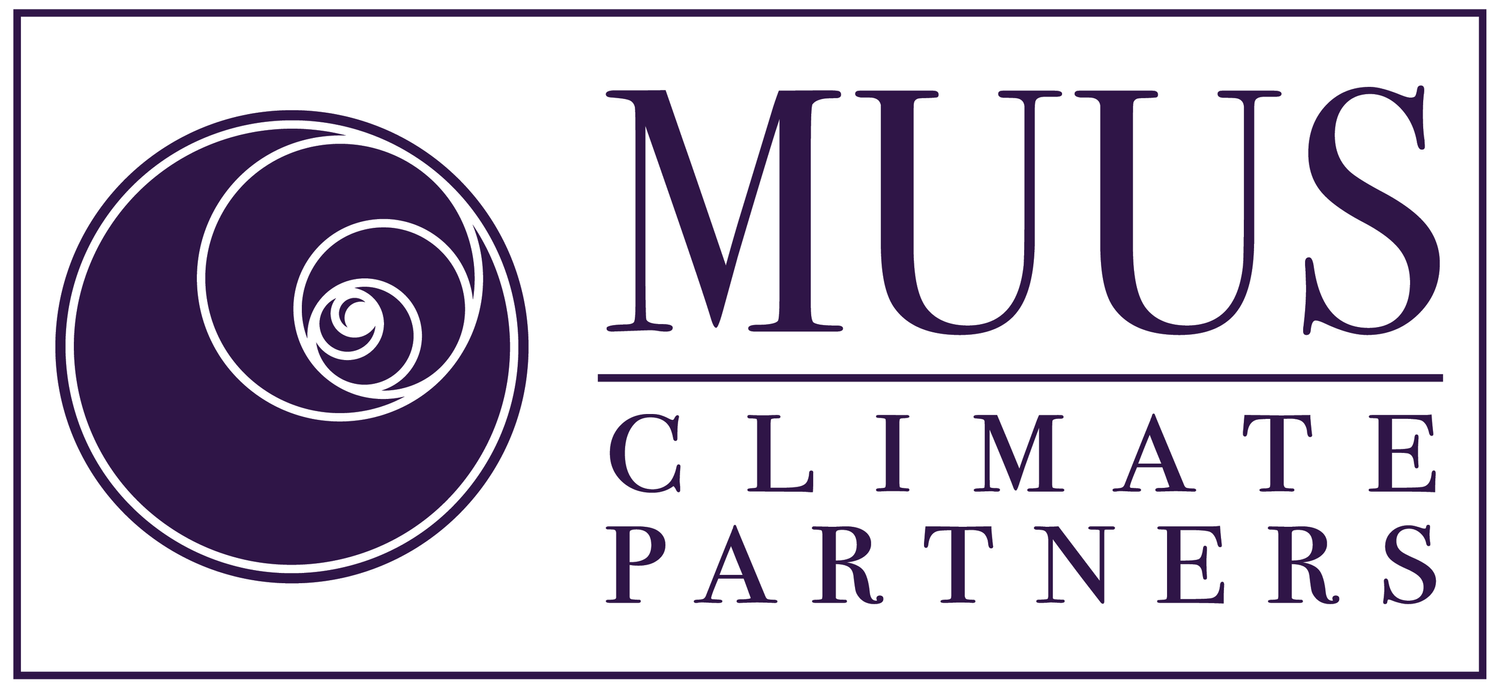A chat with Kavita Patel, Principal at MUUS Climate Partners
Canary Media’s Charging Up column chronicles gender diversity in the climatetech sector. Part one is a short Q&A with an industry role model about their career path. Part two features updates on career transitions.
How did you end up on this career path?
I’m the child of immigrants from South and Southeast Asia and was interested in sustainable development from a young age. I completed some work experience in Thailand and in China that informed my worldview, and I learned the importance of the financial system in fueling growth for these economies. I also knew that climate change was changing integral systems in energy and transportation that are needed for economies to flourish. I joined BlackRock to better understand financial markets and understand how large investors think and make decisions. I was in the Financial Institutions Group when Hurricane Harvey hit, and I also [worked there] through some of the California wildfires. My insurance clients started asking me how to build climate considerations into their portfolios, so I started analyzing and pitching [environmental, social and governance] and impact investing opportunities for this client base — and I loved it. That eventually led me to MIT for an MBA, where I focused on sustainability, which allowed me to really dive into impact investing, specifically climatetech and entrepreneurship. Luckily, that led to MUUS Climate Partners. I’m really fortunate to now spend all my time thinking about how companies can scale fast enough to decarbonize the economy by 2050.
What’s the best piece of advice you’ve ever received?
To be authentic. Early on in my career, I thought I needed to be serious in order to be taken seriously, but I’ve since learned that being genuine is actually a lot more powerful. Reshma Saujani has a TED Talk that discusses the need to be brave, not perfect. And that really resonates with me. It was partly that realization that inspired me to take more risks and to pitch my ideas on sustainable investing strategies for the financial institutions that I was advising, and later on to pursue a career in climatetech venture capital. I’m continually inspired by the authenticity of the women that I see in climatetech who are pushing forward decarbonization and who embody the passion and the risk-taking and the bravery that I’m hoping to exhibit throughout my career too.
Subscribe to receive Canary's latest news
What is a barrier you faced, and how did you overcome it?
I was seriously ill before I started my MBA. It’s hard to say if I overcame it or if my doctor overcame it. I definitely couldn’t have gotten through it without my husband, my family and my friends.
At first, I had this idea that having been sick was this inconvenient vulnerability that I should not be sharing with people. Initially, my classmates all presented themselves as perfect or as if nothing was wrong. But then we had this storytelling club, and one by one, everyone started sharing their true challenges. I realized we were all going through something and that this was the kind of environment I wanted to live in and perpetuate. It gave me the courage to tell my own story. Now I feel very strongly about leading with authenticity and vulnerability in everything that I do, which coincidentally is a very powerful way of inspiring and empowering and engaging others.
What do you think are some interesting, overlooked career opportunities in climatetech?
There are so many opportunities right now for chemical and metallurgical engineers and also supply-chain professionals. Historically, the focus within climatetech venture capital and VC in general has been on software-related skills, but there’s increasing recognition and capital flows toward hard-to-decarbonize sectors. And now with the Inflation Reduction Act, we’ve explicitly recognized as a country that national security and energy independence depend on domesticating the supply chains that are critical to the energy transition, particularly in metals and mining. Those are the areas we get asked about most by our portfolio companies when they’re looking to do recruiting.
What is your superpower?
Flexibility of mind. In today’s world, it feels like we are encouraged to take a side or pick a team and be loyal to that view at all costs. I make a concerted effort to constantly be seeking out new information and adapting my views accordingly and to try to uncover and adjust for my biases, recognizing that we all have some. I find that being able to articulate my thinking and that journey really helps to build consensus, both in making investment decisions and also more generally in the world of climatetech VC, where so many stakeholders are needed to drive things forward.

